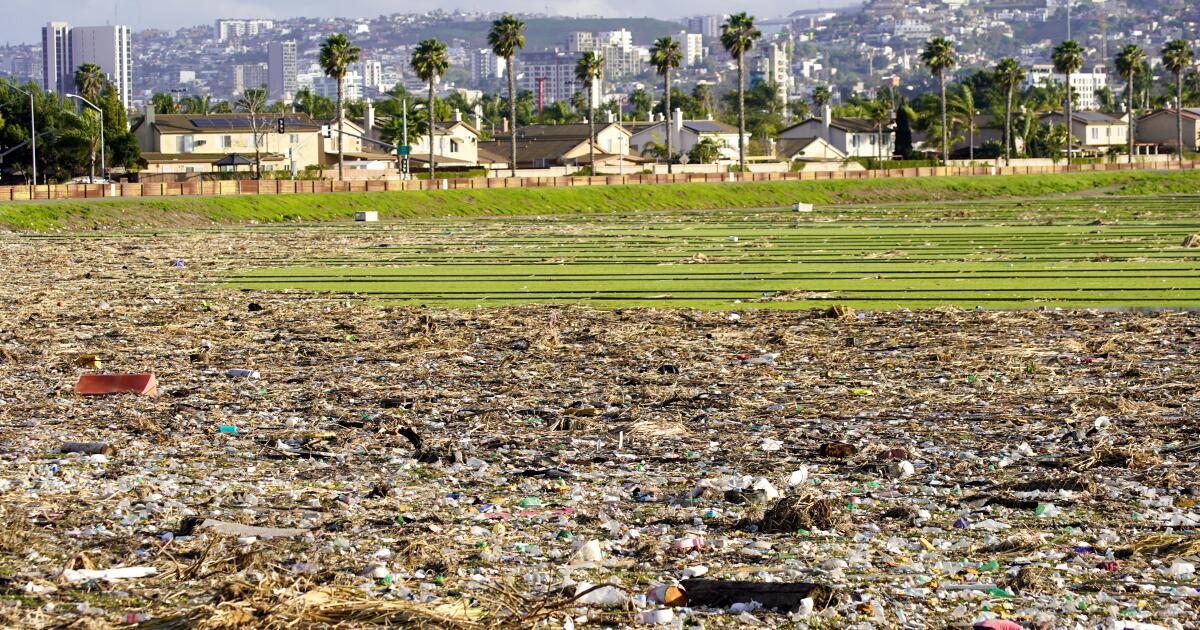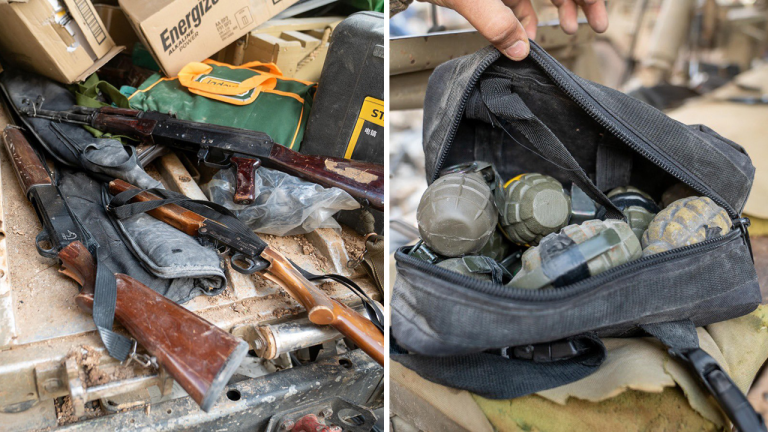

State Sen. Steve Padilla on Monday announced two pieces of legislation he says will address the worsening pollution of the Tijuana River.
In addition to the raw sewage that contaminates local watersheds, Padilla wants to assess the role industrial waste plays in cross-border pollution. He also wants to prevent the development of a landfill in East Otay Mesa he said would further harm the South Bay region.
Senate Bill 1178 would require multinational companies of 2,500 employees or more that are licensed to do business in California to publicly disclose their wastewater discharges.
The state Water Resources Control Board would have to quantify the costs of reducing contamination. Businesses would have the option to remedy the issue themselves or pay a fee to the state to do so on their behalf. The fee would be assessed in coordination with the Franchise Tax Board and added as a surcharge to their tax bill, according to draft legislation. Funds collected would go toward further mitigating toxic discharges.
“(The sewage crisis) has been made worse by the fact that California companies are part of the problem,” Padilla, D-San Diego, said during a news conference Monday near a field in the Tijuana River Valley heavily littered with sewage, tires, plastics and other trash.
“They do business right across the border in Tijuana and they do so often to get around or skirt labor and environmental protections (to) produce a cheap product that they sell here in California,” he added.
Since 2018, water-quality tests performed by U.S. Customs and Border Patrol have found industrial and agricultural chemicals in the Tijuana River Valley. Last month, researchers at San Diego State University released a report that documented over 170 organic chemicals and inorganic elements, including the banned pesticides chlordane and DDT and heavy metals, in and around the area.
“Many of the detected contaminants are a direct result of the transboundary sewage flows and are known to be persistent, bio-accumulative, carcinogenic, toxic and can be resuspended in water and air during weather events in both the wet and dry seasons, exposing nearby communities,” the report read.
Padilla said these South County communities would be further affected by a landfill proposed in the Otay Mountain foothills, located in the upper parts of the Tijuana River watershed.
He’s introducing Senate Bill 1208 to prohibit the development of landfills anywhere within the Tijuana River National Estuarine Research Reserve or within an area that is a tributary to the Tijuana River.
The East Otay Mesa project proposes a 340-acre landfill and recycling center on a 450-acre site, which voters approved more than a decade ago because disposal capacity was then presumed to be exhausted by 2030. A 2022 county waste management plan, however, says that existing landfills will suffice through 2053.
So, environmentalists and elected officials are arguing that the landfill is unnecessary and could adversely affect air quality with increased truck traffic and water quality through the hydrology system and drainage.
David Wick, the project developer, said the landfill will be able to recycle and dispose of waste in an environmentally sound and economically competitive manner. It will give the consumers of San Diego an alternative because today there is only one operator of landfills.”
“The facility is being designed as a state-of-the-art facility with multiple safeguards so that it does not impact the adjacent environment whatsoever,” he said.
Of Padilla’s legislation, Wick said the public should be allowed to first review the project’s environmental impact report, slated to be completed in about a year, and raise concerns at public hearings.
“We’re just asking people to allow the process to occur and, during that process, please raise those concerns to us,” said Wick.







